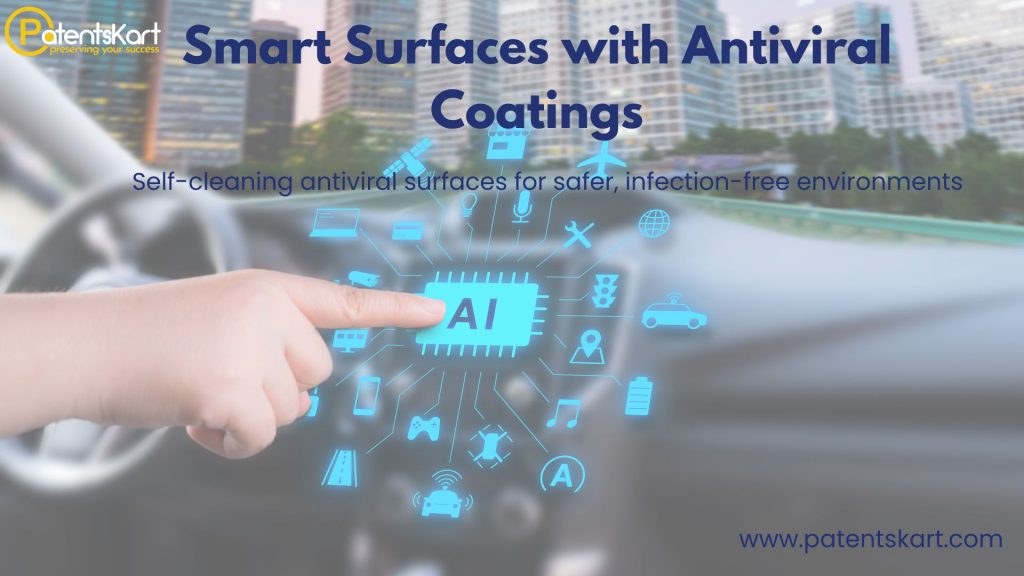Smart surfaces with antiviral coatings are engineered to actively inhibit or neutralize viruses upon contact, significantly reducing the spread of infectious diseases through surface transmission. These coatings often employ materials such as silver nanoparticles, copper, zinc oxides, or photoactive compounds like titanium dioxide, which either disrupt viral membranes or generate reactive oxygen species. Innovations in responsive coatings enable surfaces to self-clean or regenerate their antiviral properties under environmental triggers such as light or humidity. Applications are especially relevant in healthcare facilities, public transportation, and high-touch environments like doorknobs, touchscreens, and medical devices. By integrating nanotechnology and material science, these coatings offer a sustainable and passive means of infection control.
